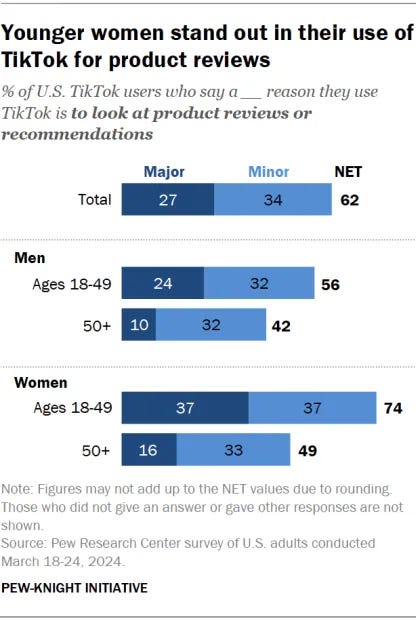This Week in Beyond the Great Wall: Corruption Surges, Huawei Drops Android, Volkswagen Shuts Factory
This week's Beyond the Great Wall examines the U.S.'s waning ability to deter conflict with China, alongside key developments within China, including a surge in corruption cases and significant shifts in its global diplomatic strategy.
China Quote✒️
“Xi bucked tradition in 2018 by naming Wei, from the PLA Rocket Forces, to the post instead of an army general. With Dong, a navy man, Xi’s military personnel dons assured him the vetting was airtight after a four-month search,” he said. “So Xi is left to wonder: what corner of the PLA is not corrupt?” - Christopher Johnson, a former CIA China analyst who now heads risk consultancy China Strategies Group
U.S. Defence Industrial Base Shows Critical Vulnerabilities in Taiwan War Game Scenario
By Seth G Jones in WSJ, Mr. Jones president of the defence and security department at the Center for Strategic and International Studies.
Summarised by De/Cypher Team
Key Findings and Strategic Implications:
The recent war game simulation conducted with the House Select Committee reveals severe vulnerabilities in America's military readiness, particularly in a potential Taiwan conflict scenario. The simulation raises several critical concerns:
Munitions Sustainability Crisis The most immediate and alarming finding is the rapid depletion of critical munitions. The U.S. would exhaust its Long-Range Anti-Ship Missiles within just one week, while Joint Air-to-Surface Standoff Missile-Extended Range supplies would be depleted within a month. This timeline suggests a fundamental mismatch between America's stockpile strategy and the demands of modern warfare.
Supply Chain Vulnerabilities The analysis exposes multiple critical weaknesses in the defence supply chain:
Shortages of essential components including solid rocket motors, processor assemblies, and ball bearings
Dependency on Chinese suppliers for advanced battery parts and raw materials
Limited manufacturing capacity for replacement weapons systems
Workforce Deficits A significant shortage of skilled technical workers - including engineers, electricians, and metalworkers - threatens to bottleneck any rapid production response. This workforce deficit is already impacting naval construction timelines.
Economic and Time Constraints Several structural challenges emerge:
Current production timelines of approximately two years for critical munitions are incompatible with wartime needs
The establishment of new manufacturing facilities could take several years
Current defence spending at 3% of GDP appears inadequate compared to historical wartime spending levels of 4-6%
Policy Recommendations:
Budget Realignment: Increase defence spending to 4-6% of GDP, focusing on Indo-Pacific deterrence capabilities
Regulatory Reform: Streamline defence contracting regulations to better incorporate commercial innovation, particularly in emerging technologies
Industrial Base Modernisation: Invest in expanding domestic production capacity for critical components and munitions
Strategic Stockpile Review: Reassess munitions stockpile requirements based on modern warfare scenarios
Timing Considerations: The analysis suggests particular urgency given Chinese military modernisation goals for 2027. The multi-year lead time required for industrial base improvements means immediate action is necessary to address these vulnerabilities.
This simulation serves as a stark warning that America's current defence industrial capacity may be insufficient for a prolonged conflict with a peer competitor. The bipartisan recognition of these challenges suggests potential for meaningful reform, but the window for action may be limited.
Read the full article here.
Blindspot👁️
Economic Activity🏦
China’s Market Targets Are ‘Just Psychological’, Says Former Regulator
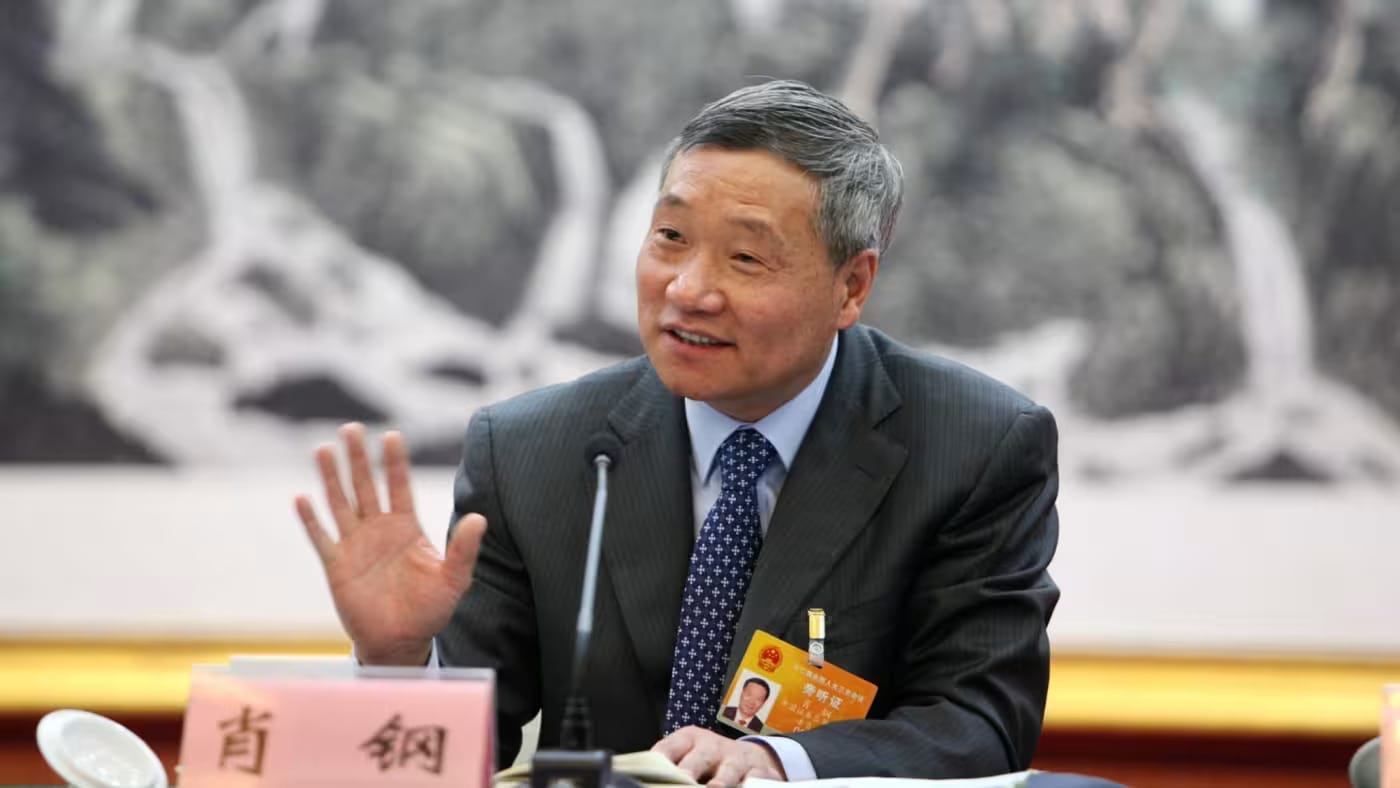
Sun Yu and Joe Leahy write in the Financial Times that Xiao Gang, a former China Securities Regulatory Commission chief, revealed that Beijing's stock market and currency targets are "psychological" rather than fundamental. Xiao noted the leadership's discomfort with certain thresholds, like the Shanghai Composite falling below 3,000 points, but admitted no scientific basis for such goals. His rare candid remarks highlight internal financial policymaking under Xi Jinping.
Chinese Companies Rush to Tap Convertible Bond Market
Arjun Neil Alim and Joseph Cotterill write in the Financial Times that Chinese companies are issuing convertible bonds at record levels, surpassing $18.8bn in 2024. Firms like Alibaba and Ping An find them a cheaper alternative to conventional debt. These bonds also allow companies to retain offshore cash amid strict mainland regulations. Analysts link the surge to rising US interest rates and Beijing's recent stimulus measures, which make convertible bonds more appealing.
In Careful Protest, China Evergrande's Investors Press for Action
Channel News Asia reports that hundreds of Evergrande investors launched coordinated protests in Shenzhen, seeking updates on investigations into the property developer's collapse. These carefully orchestrated actions highlight ongoing frustration over losses from Evergrande's wealth management products, amid China's economic slowdown. The grassroots campaign reflects broader concerns over social stability as financial pressures mount.
Chinese Automakers Tell Suppliers to Cut Costs as Price War Deepens
Claire Fu and Daisuke Wakabayashi write in The New York Times that Chinese electric vehicle manufacturers, led by BYD, are pressuring suppliers to reduce costs amid fierce domestic price competition. BYD seeks a 10% cost cut from suppliers, framing it as crucial for survival in the competitive EV market. With intense price wars and increasing overseas expansion, the sector is seeing consolidation and financial strain among smaller players.
Volkswagen to Exit China's Xinjiang, Sell Factory
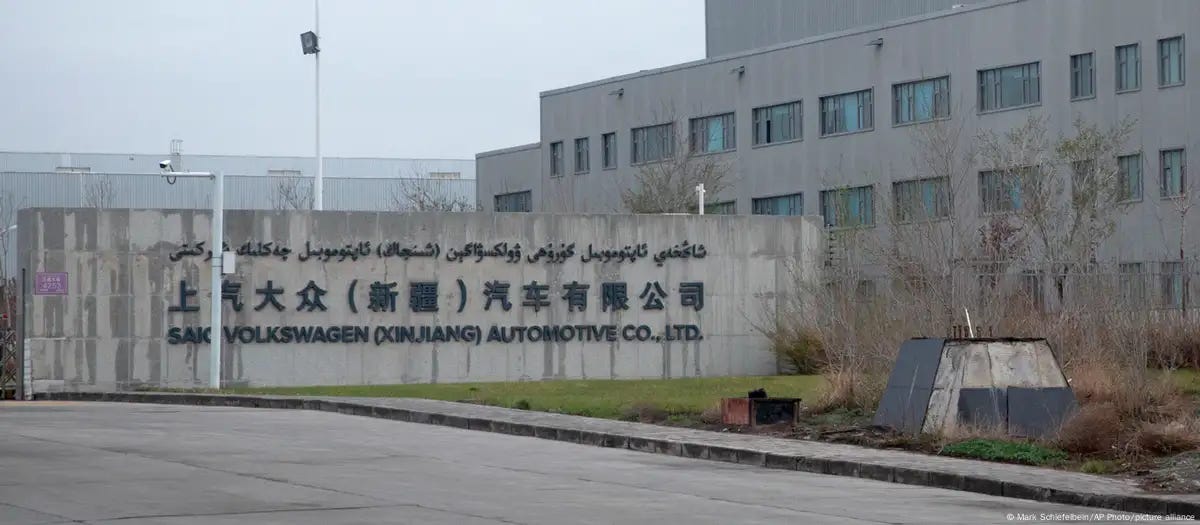
DW reports that Volkswagen plans to sell its factory and test track in Xinjiang, citing "economic reasons." The decision comes amid accusations of human rights abuses in the region, including forced labour involving Uyghurs. VW will sell the plant to SMVIC while extending its partnership with SAIC to 2040. The move aligns with broader cost-cutting measures and concerns over EU-China trade tensions.
2nd China International Supply Chain Expo Opens in Beijing, Fostering Global Collaboration
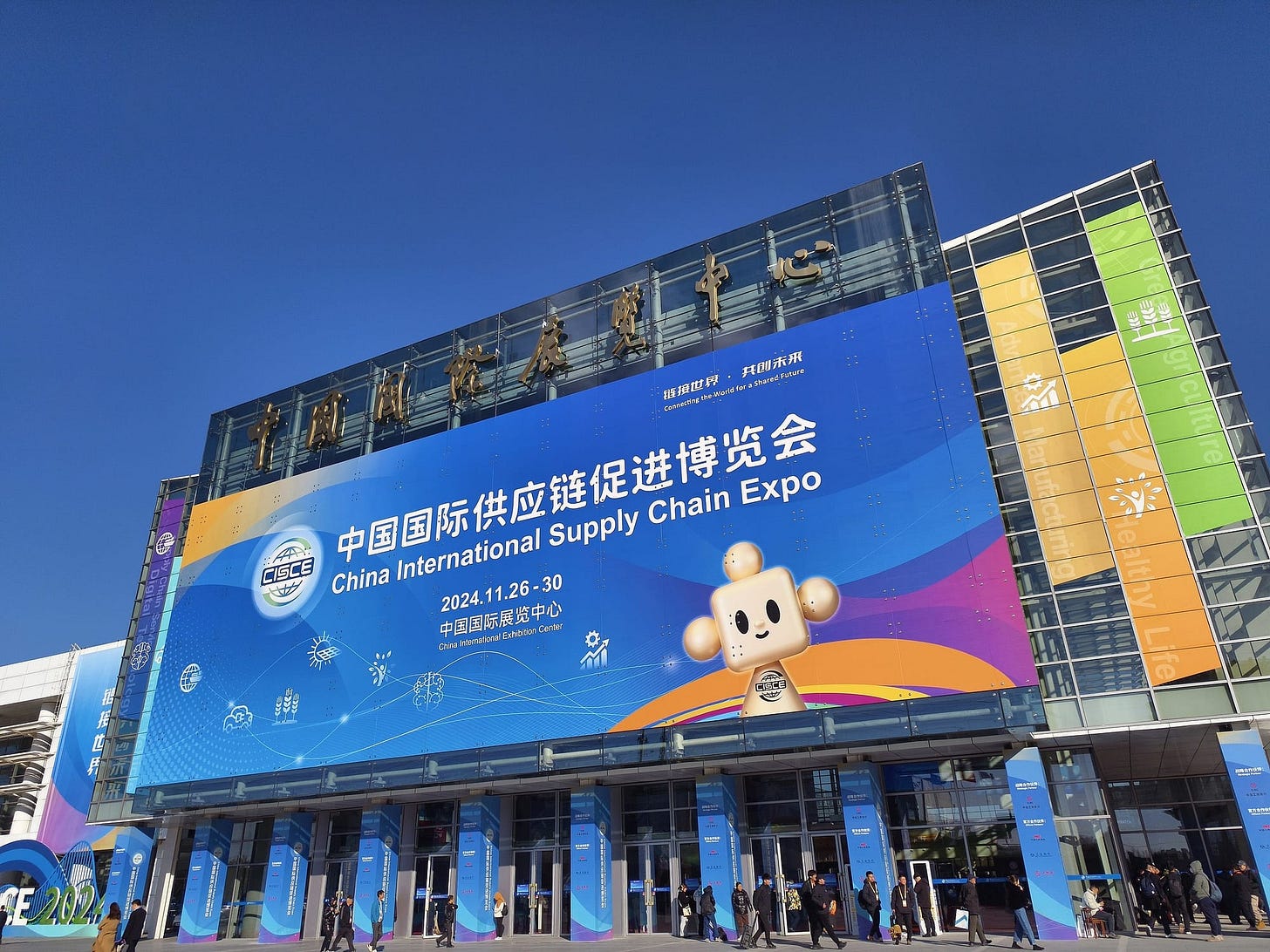
CGTN reports that the second China International Supply Chain Expo opened in Beijing, promoting global trade and innovation with over 620 participants, including 60% Fortune 500 companies. Featuring advanced manufacturing and sustainability exhibits, it highlights collaborations like Hubei-Hungary partnerships under the Belt and Road Initiative. Apple CEO Tim Cook praised China's pivotal supply chain role, underscoring international trust in the event.
Inside China🐉
China’s Defence Minister Placed Under Investigation for Corruption
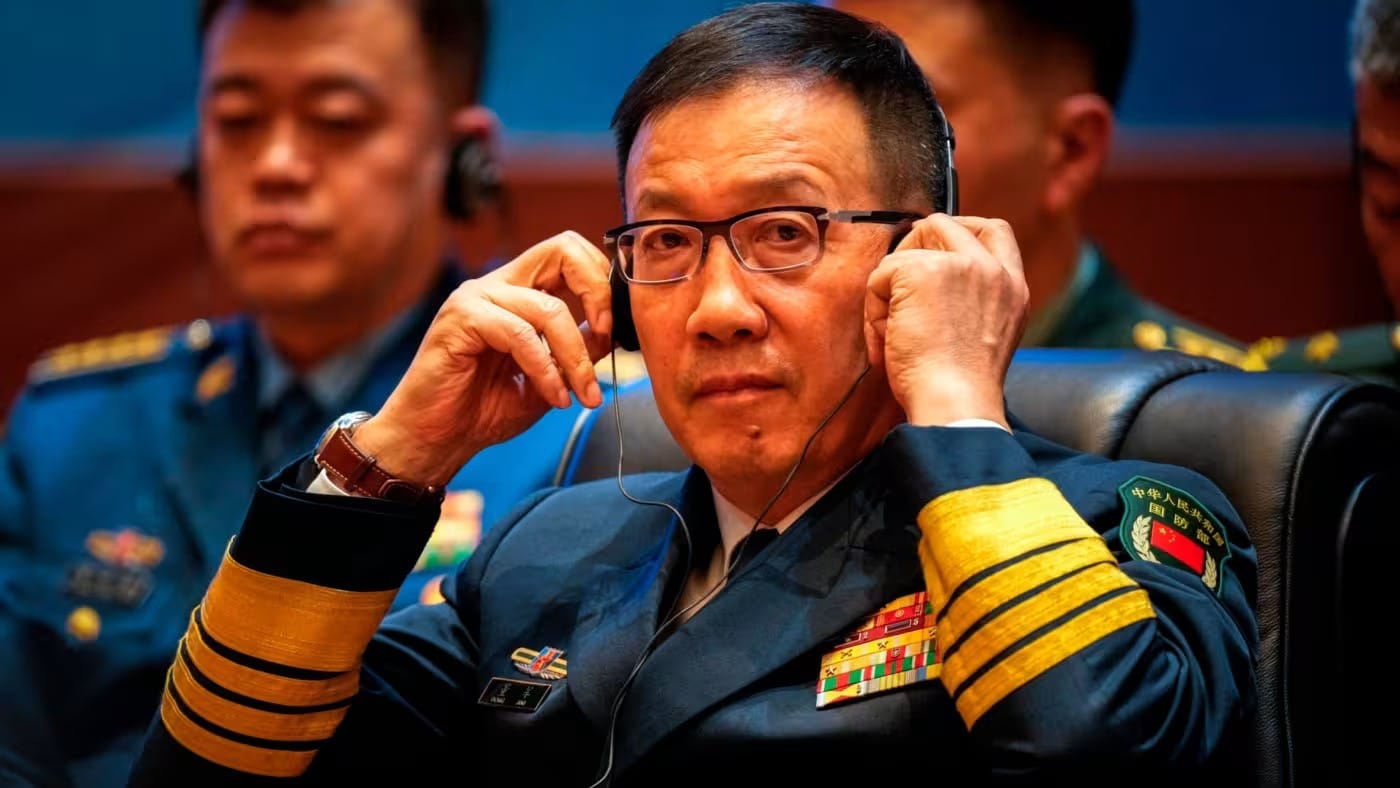
Demetri Sevastopulo writes in the Financial Times that Chinese Defence Minister Admiral Dong Jun is under investigation for corruption, making him the third consecutive minister to face such charges. The probe is part of President Xi Jinping's broader anti-graft campaign targeting the People’s Liberation Army (PLA). Analysts suggest this raises questions about Xi’s confidence in the PLA's integrity and its ability to meet military goals, such as preparing for a potential Taiwan invasion by 2027.
Bank of China Chairman Gets Suspended Death Sentence for Bribery
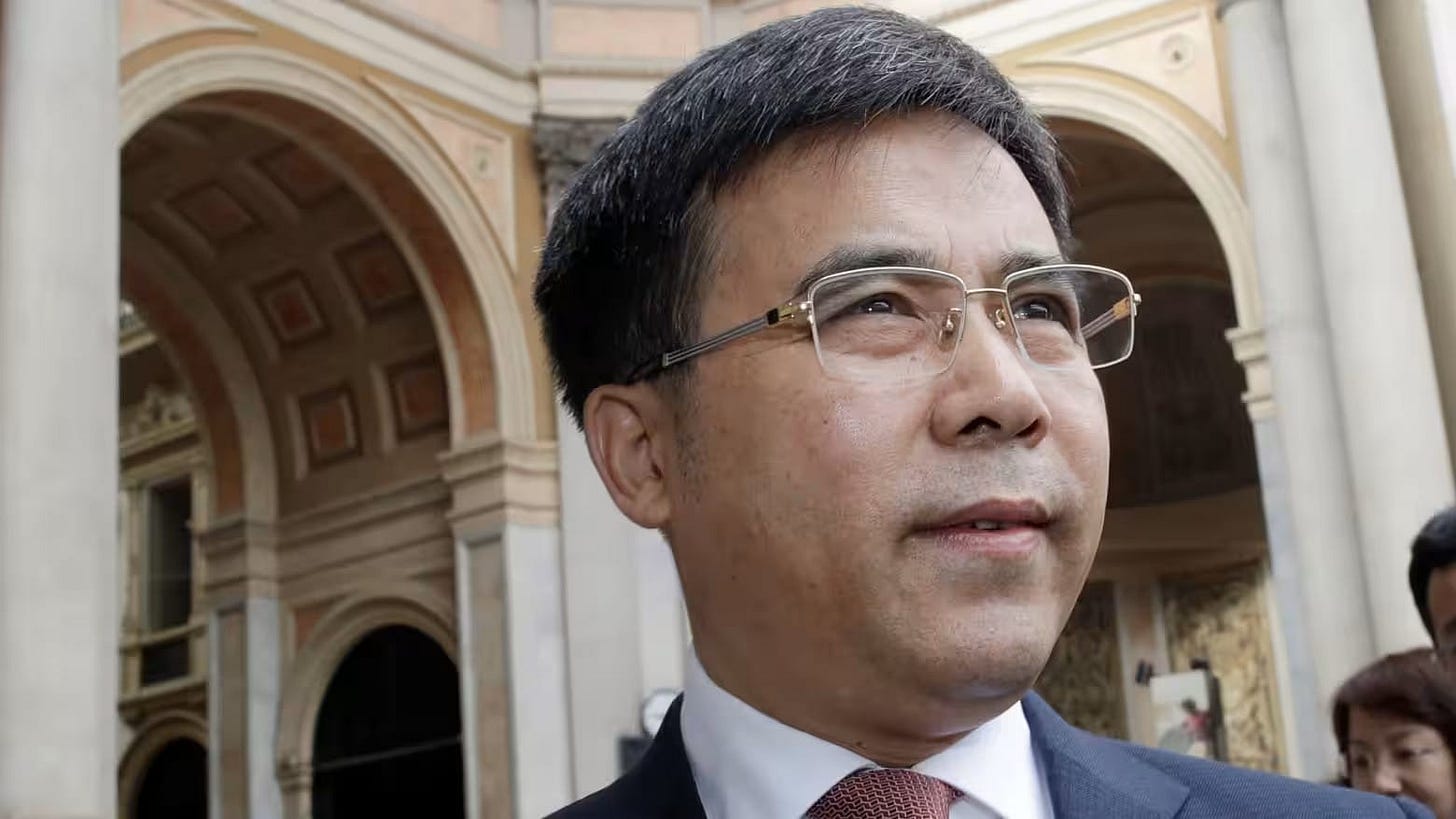
Nikkei Asia reports that former Bank of China Chairman Liu Liange has been sentenced to death with a two-year reprieve for bribery and illegal loan issuance. The court found Liu guilty of accepting over 121 million yuan in bribes and approving unlawful loans causing significant losses. This case highlights China's intensified anti-corruption crackdown targeting major financial figures.
China probes top military official for corruption
France 24 reports that Chinese military official Miao Hua has been suspended for "serious violations of discipline," a euphemism for corruption. Miao, a close ally of Xi Jinping and head of the Central Military Commission's Political Work Department, is the latest figure targeted in Xi's intensified anti-corruption drive, which seeks to strengthen military preparedness and address systemic issues within the PLA.
Party Chief of Pudong New Area in Shanghai Under Probe
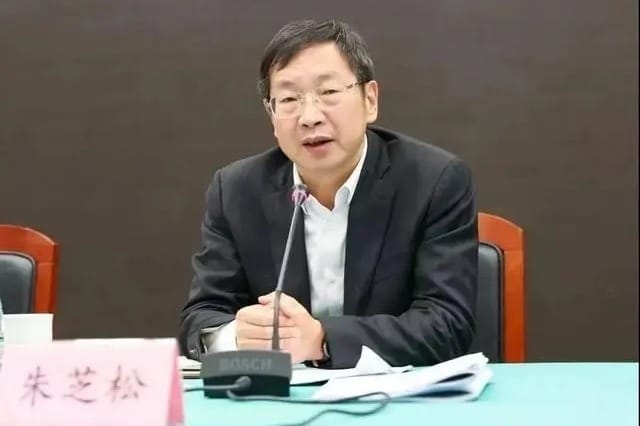
Xinhua reports that Zhu Zhisong, Party Secretary of Pudong New Area in Shanghai and member of the CPC Shanghai Municipal Standing Committee, is under investigation for severe violations of Party discipline and laws. The probe is being conducted by the CPC Central Commission for Discipline Inspection and the National Commission of Supervision. This reflects ongoing anti-corruption efforts within China’s governance system.
China Declines Comment on Marriage of Bo Xilai's Son
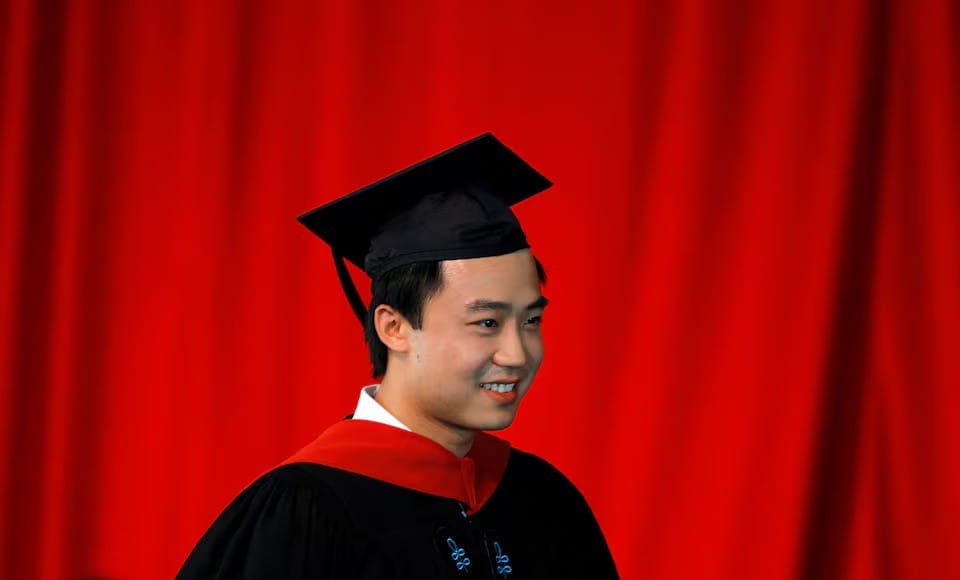
Reuters reports that Chinese authorities have refused to comment on the marriage of Bo Guagua, son of jailed ex-politician Bo Xilai, to a Taiwanese individual. The sensitive topic is complicated by China's strained relations with Taiwan. Bo Guagua, educated at Oxford and Harvard, has kept a low profile since his parents' imprisonment. Discussions on this topic remain taboo in China.
China’s CO2 Emissions Have Peaked or Will in 2025, Say 44% of Experts in Survey
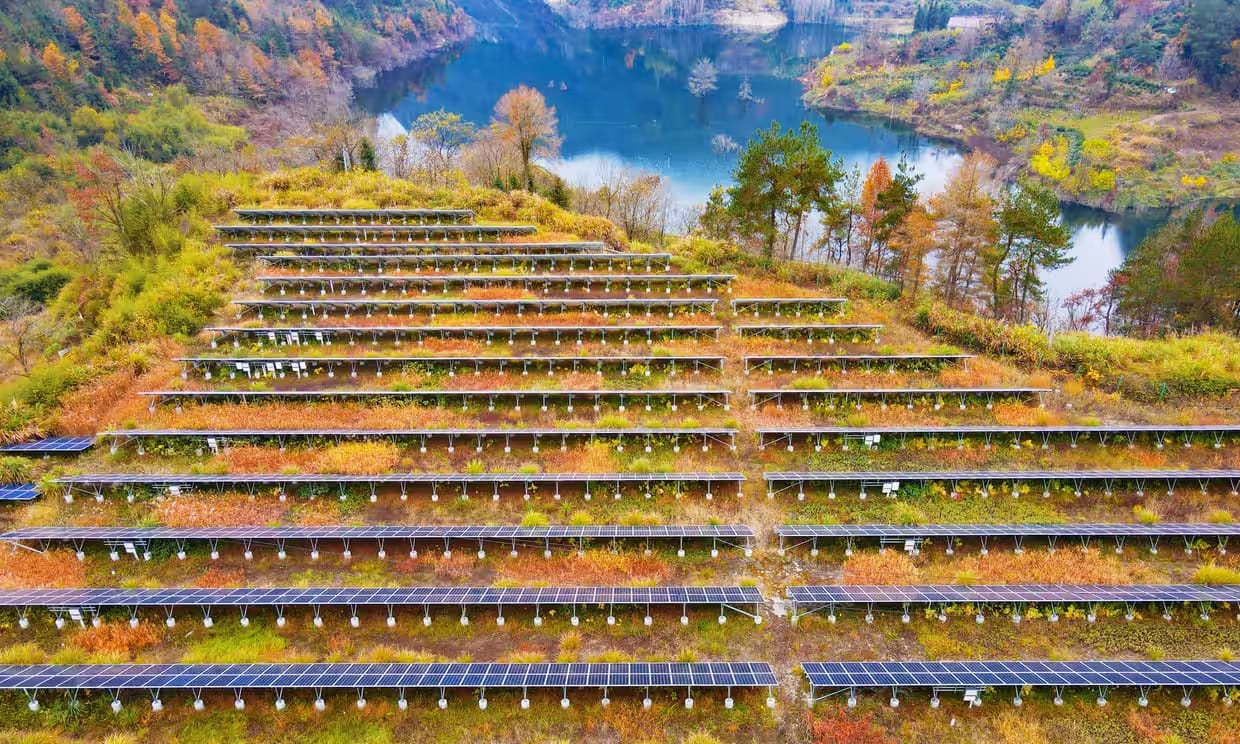
Amy Hawkins writes in The Guardian that a survey by CREA shows rising optimism about China's green transition, with 44% of experts believing CO2 emissions have already peaked or will by 2025, up from 21% last year. China's clean energy industries, including solar, EVs, and batteries, are driving economic growth, though concerns about coal reliance and energy security remain barriers to accelerated progress.
China and the World🌏
China, Singapore Eye Closer Ties
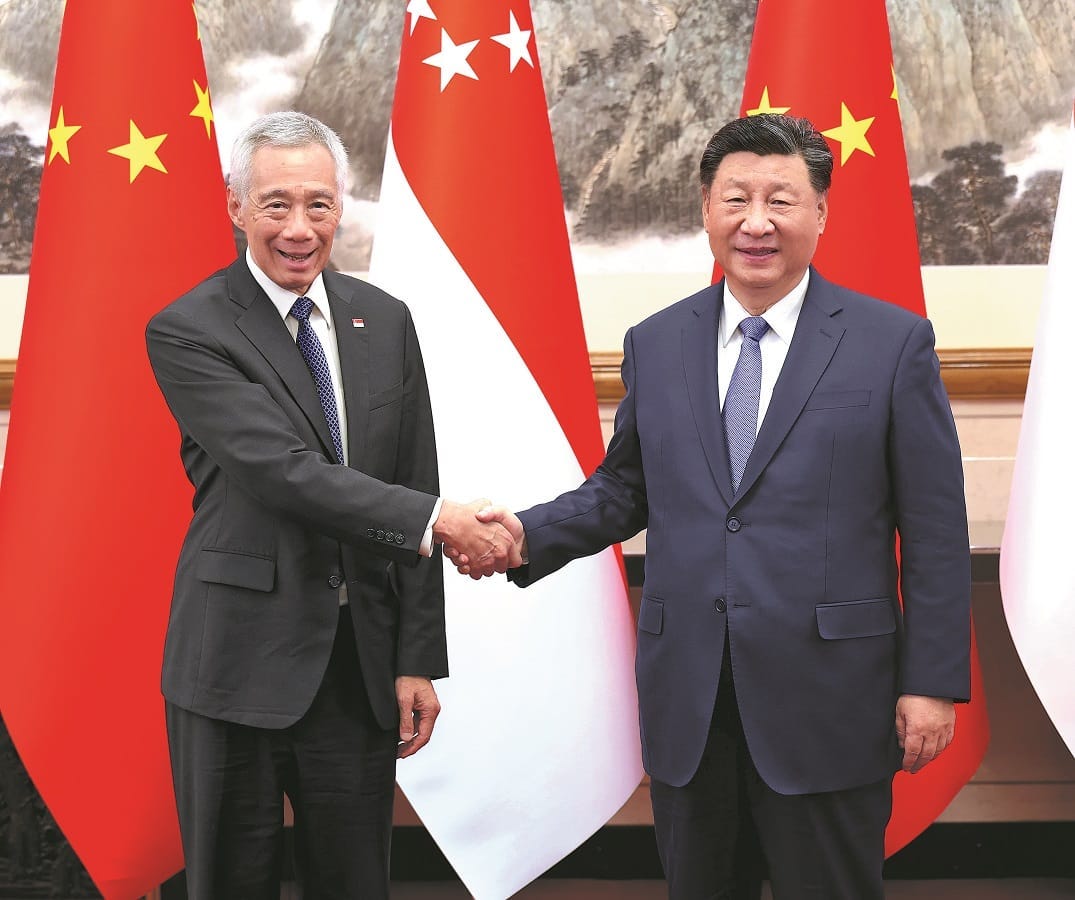
Zhou Jin writes in China Daily that President Xi Jinping and Singapore’s Senior Minister Lee Hsien Loong discussed strengthening bilateral cooperation during a meeting in Beijing. Marking 35 years of ties next year, Xi highlighted digital and green development opportunities, exemplified by the Suzhou Industrial Park. Lee reaffirmed Singapore’s commitment to collaboration, citing confidence in China’s economic trajectory and shared modernisation goals. Both leaders emphasised multilateralism amid regional challenges and evolving global dynamics.
Xi Meets Samoan PM, Highlights Climate Change Cooperation
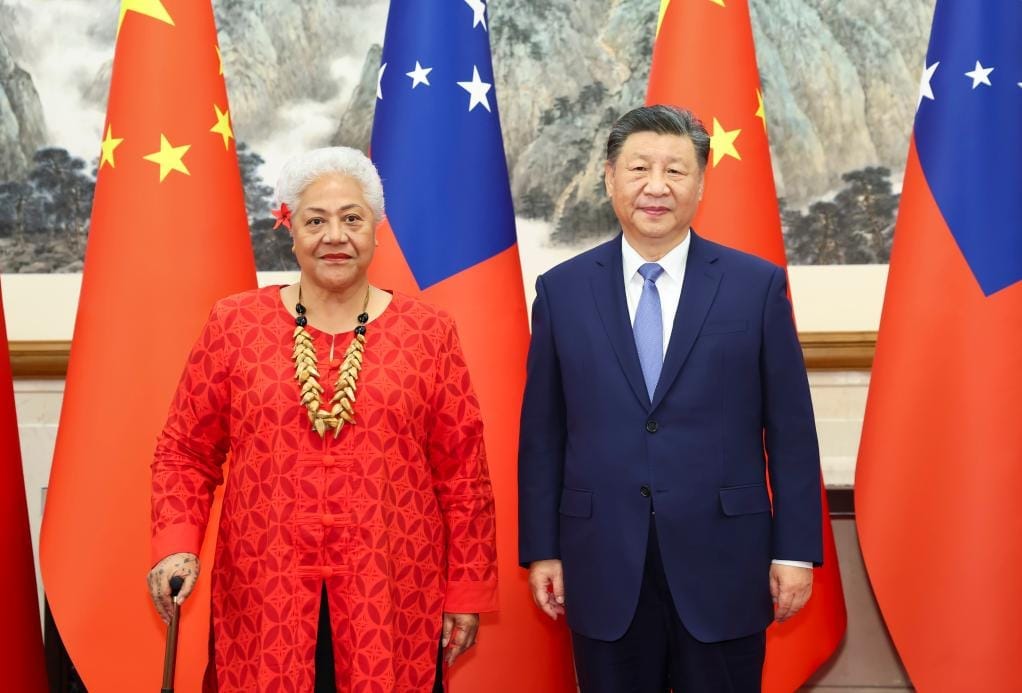
Xinhua reports that Chinese President Xi Jinping met with Samoan Prime Minister Fiame Naomi Mata'afa in Beijing, prioritising collaboration on climate change with Pacific Island nations. Xi affirmed China's support for Samoa's sovereignty and development, emphasising assistance without political conditions. Mata'afa expressed appreciation for China's aid and commitment to the one-China principle, while seeking to strengthen ties on the 50th anniversary of diplomatic relations.
Xi Jinping Smiles at Japanese Visitors While Grimacing at His Economy
Katsuji Nakazawa writes in Nikkei that China is adopting a softer "smile diplomacy," reinstating visa-free arrivals for Japanese visitors and holding high-level summits, such as Xi Jinping's recent meeting with UK Prime Minister Keir Starmer. While courting developed nations and the Global South, Xi's "dual circulation" policy faces significant challenges due to weak domestic demand. With Donald Trump poised to intensify trade pressure, December's Central Economic Work Conference could reveal critical shifts in China's economic strategy.
China’s Top Legislator Pledges Deeper Cooperation with Spain
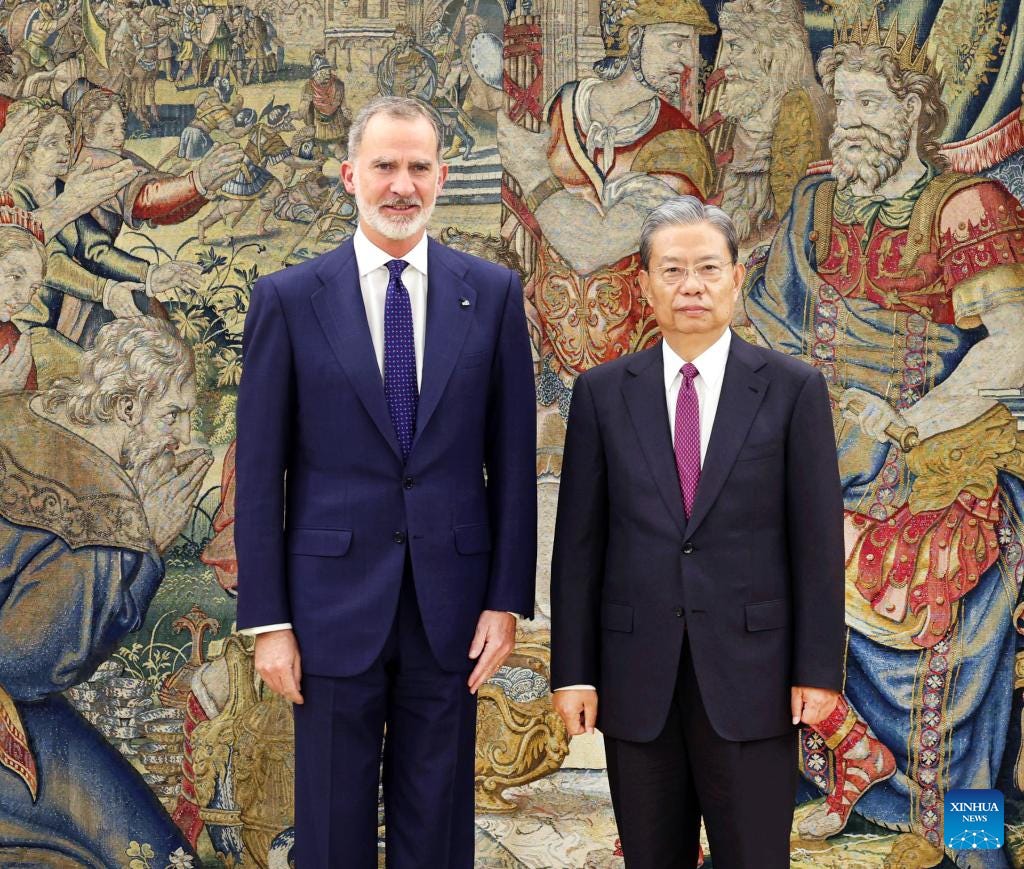
Xinhua reports that Zhao Leji, chairman of the National People's Congress Standing Committee, emphasised China's commitment to strengthening ties with Spain during an official visit from 23 to 27 November. Zhao met with Spanish leaders, including King Felipe VI and Prime Minister Pedro Sanchez, to discuss collaboration in trade, energy, and cultural exchange. The visit marked preparations for the 20th anniversary of the China-Spain comprehensive strategic partnership, with a focus on mutual development and tackling global challenges like climate change.
China's Top Legislator Visits Portugal, Eyes Closer Cooperation
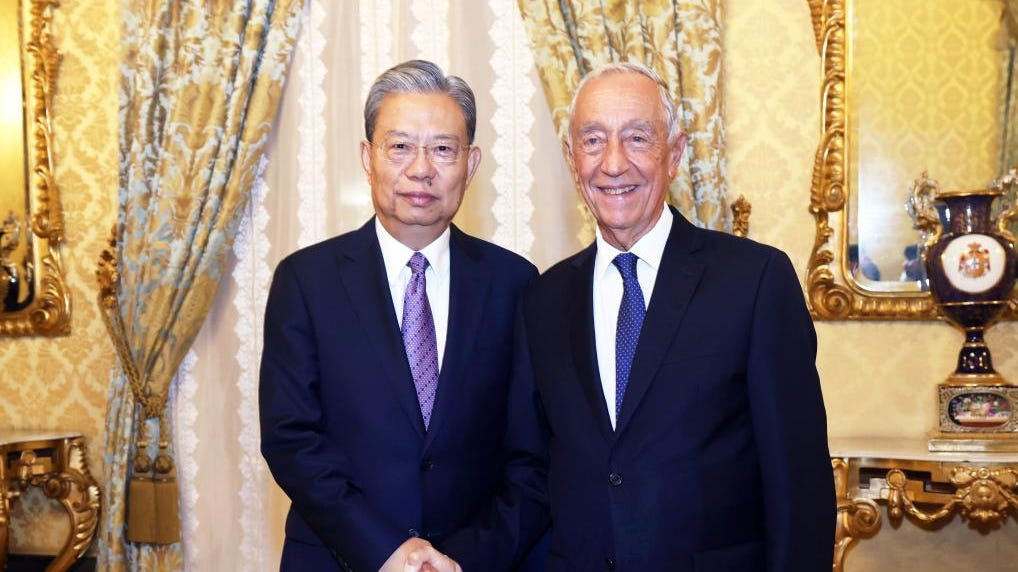
CGTN reports that Zhao Leji, chairman of China's National People's Congress Standing Committee, visited Portugal from 21 to 23 November, meeting President Marcelo Rebelo de Sousa and Prime Minister Luis Montenegro. Zhao highlighted the deepening China-Portugal strategic partnership, emphasising collaboration in clean energy, AI, trade, and cultural exchanges. Both nations reiterated support for multilateralism and pledged to strengthen China-EU relations while leveraging Macao as a platform for mutual development.
Myanmar Insurgent Group Agrees to Talks After Chinese Pressure
RFA Burmese reports that the Ta’ang National Liberation Army (TNLA), a Myanmar insurgent group, has agreed to peace talks with the junta following Chinese mediation. China, prioritising stability for its economic projects in Myanmar, has pressured insurgents by closing borders and cutting essential supplies. Analysts believe China is leveraging its influence to end hostilities, though civilian tolls from ongoing airstrikes by the junta raise doubts about the prospects for sustainable peace.
Former British Diplomats Lobbying Marco Rubio for Rohingya Campaign
Intelligence Online reports that former British diplomats are leveraging their networks to lobby incoming U.S. Secretary of State Marco Rubio to support the Rohingya cause. The campaign, funded by the Oak Foundation and consultancy Independent Diplomat, highlights international efforts to aid the persecuted Burmese minority. This initiative underscores Rubio's emerging role in global humanitarian diplomacy.
Guoanbu steers talks as China seeks path towards compromise on nuclear parity with US
Intelligence Online reports that China is pursuing informal nuclear arms talks with the US, marking a potential precursor to official negotiations. With the Guoanbu (Ministry of State Security) involved, the Chinese Communist Party aims to build trust through renewed academic exchanges, facilitating dialogue after a prolonged diplomatic freeze.
US Secures Release of 3 Americans in Prisoner Swap with China
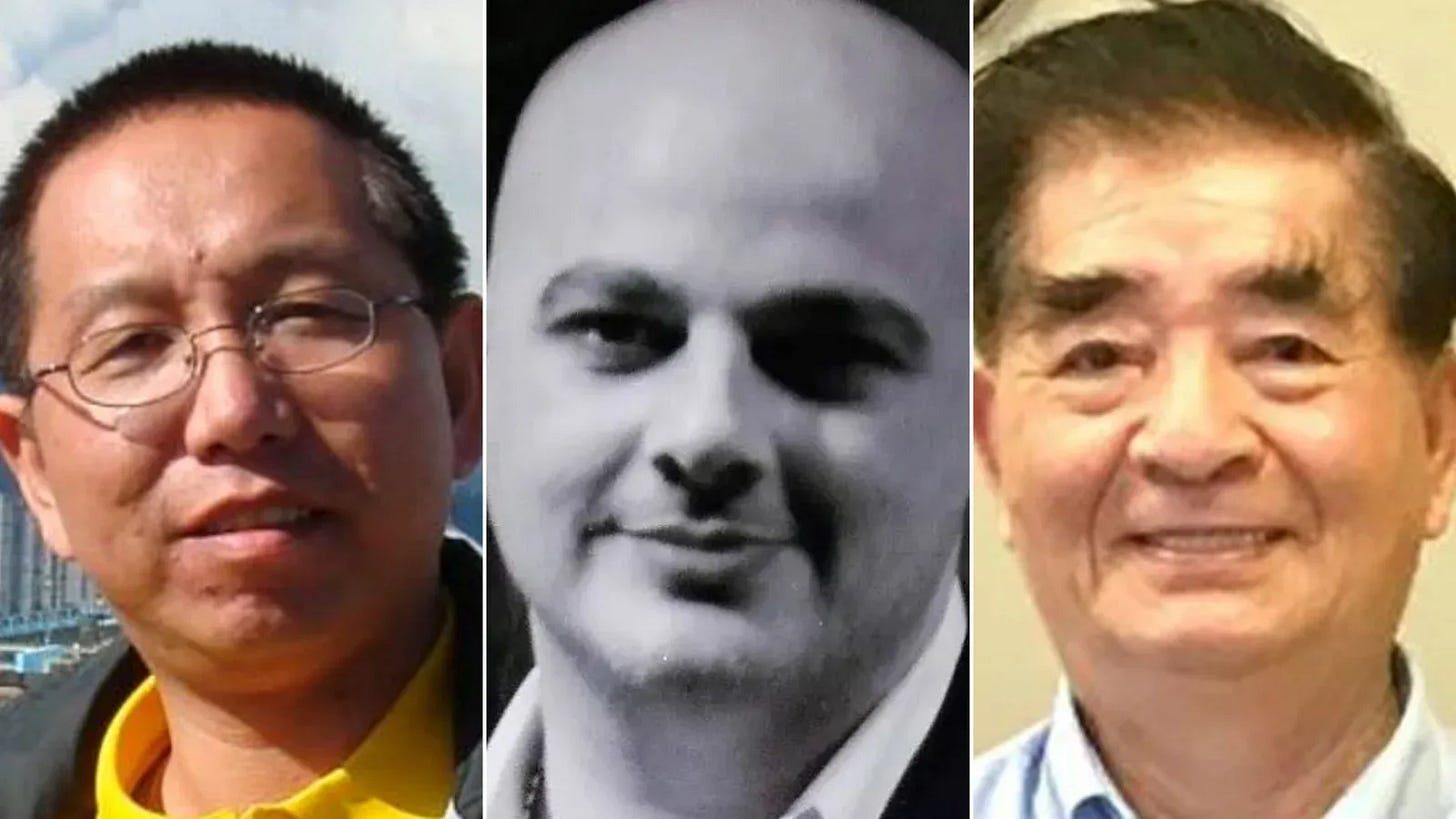
Jennifer Hansler writes in CNN that the US secured the release of three Americans—Mark Swidan, Kai Li, and John Leung—through a prisoner swap with China. This follows years of diplomatic efforts by the Biden administration. Their release coincides with a reduced US travel advisory for China and highlights bipartisan support for combating "hostage diplomacy." The Americans are now reunited with their families.
EU Parliament Moves to Strip Hong Kong’s Trade Privileges After Mass Trial
Rocco Caldero writes in The Rio Times that the European Parliament has proposed revoking Hong Kong's special customs treatment following the imprisonment of 45 opposition figures in a national security trial. The resolution seeks economic measures, a review of Hong Kong's Brussels trade office, and sanctions on leaders like Chief Executive John Lee Ka-chiu, intensifying concerns over Beijing's control and eroding autonomy in the city.
Stockholm Urges Chinese Ship Suspected of Sabotage to Return to Swedish Waters
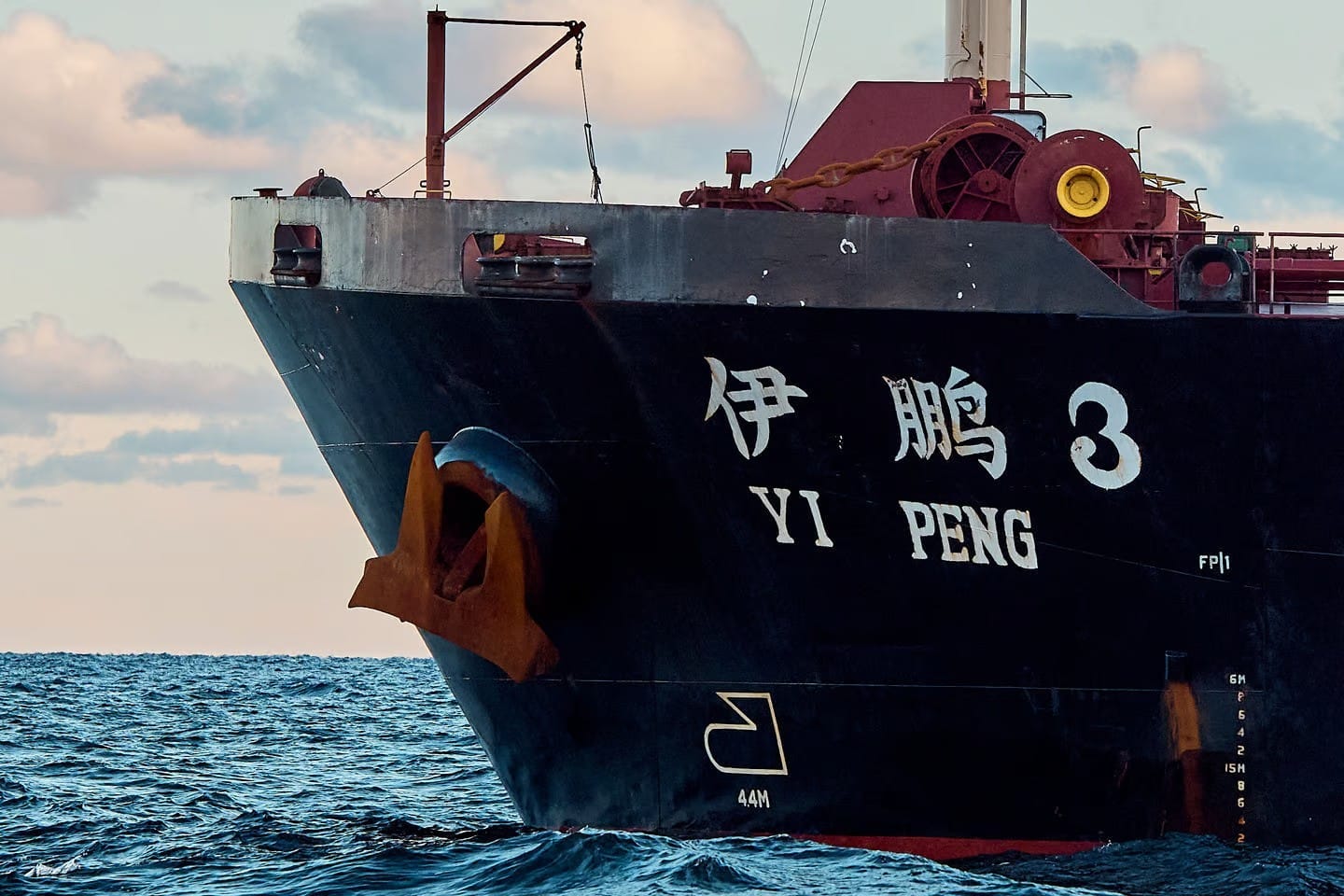
Seb Starcevic writes in Politico that Sweden has requested the Chinese vessel Yi Peng 3 to return to its waters amid investigations into the severing of submarine internet cables in the Baltic Sea. The ship was near the damaged cables linking Finland, Germany, Sweden, and Lithuania. While Sweden has refrained from directly accusing the vessel, German Defence Minister Boris Pistorius termed the incident likely sabotage. Both Beijing and Moscow denied involvement, with Denmark's navy currently monitoring the ship in international waters.
China, Russia Militaries Conduct Joint Drills Over Japan
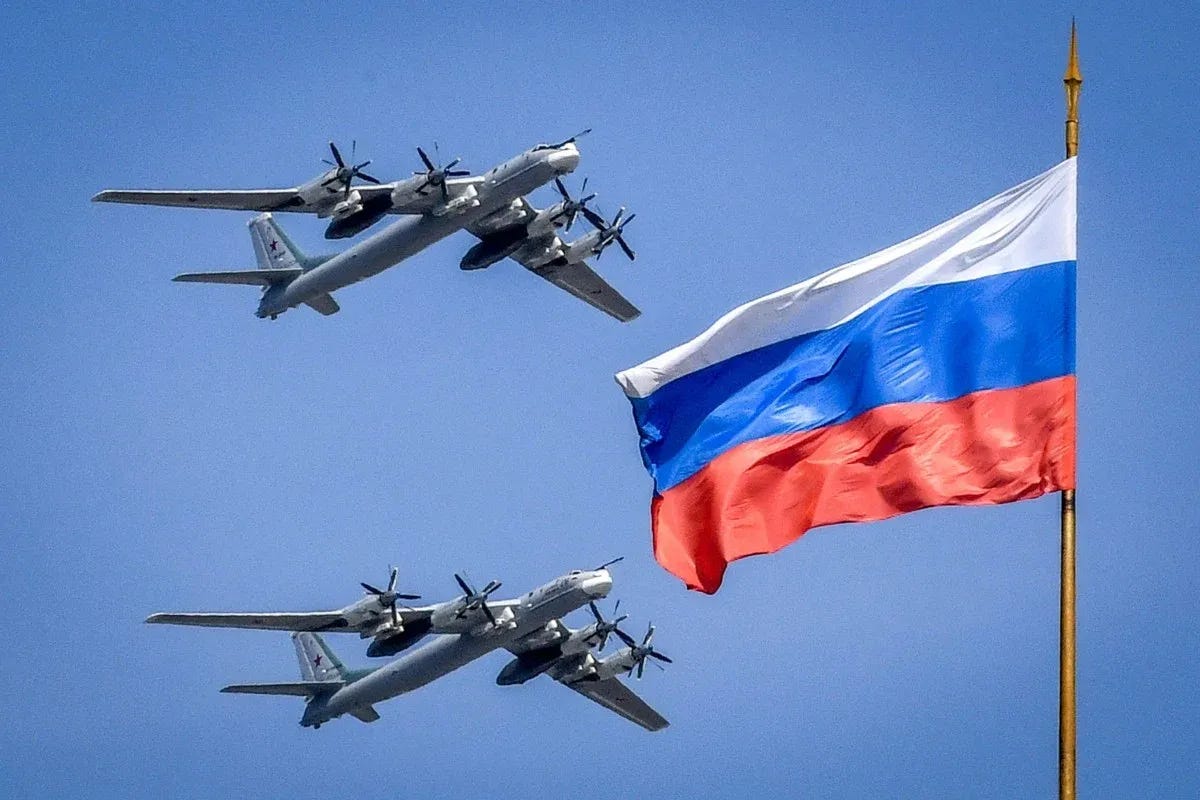
Al Arabiya reports that China and Russia conducted their ninth joint strategic air patrol over the Sea of Japan, part of an annual military cooperation plan. The drills underscore deepening defence ties between the two nations amid regional tensions. These exercises have heightened regional concerns, particularly in Japan and neighbouring countries.
U.S. ‘Forward Deploys’ Nuke-Powered Virginia-Class Submarine ‘Minnesota’ to Guam
Ashish Dangwal writes in the EurAsian Times that the USS Minnesota, a Virginia-class fast-attack submarine, has arrived at Naval Base Guam as part of the US Navy’s strategy to deter China's growing naval presence. This deployment enhances regional security in the Indo-Pacific, with Guam's strategic position reinforcing defence frameworks against PLA advances in the South China Sea.
President Lai to Make Stopovers in Hawaii, Guam on South Pacific Trip
Focus Taiwan reports that Taiwanese President Lai Ching-te will make layovers in Hawaii and Guam during his South Pacific tour from 30 November to 6 December, his first official trip since taking office. The visit aims to bolster ties with allies Marshall Islands, Tuvalu, and Palau. Beijing may respond with military drills, prompting Taiwan to remain on alert.
Taiwan’s Military Uses Taipei University for Urban Warfare Training, Sparking Outcry
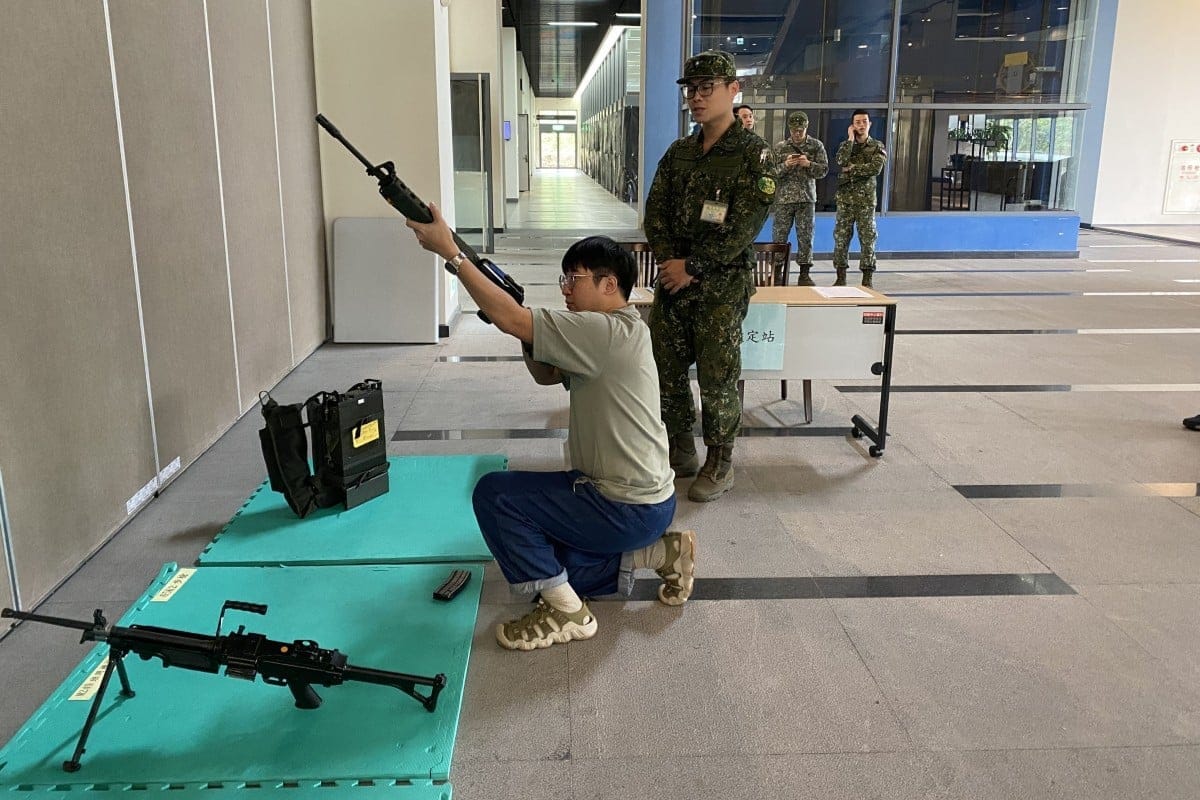
Lawrence Chung writes in the South China Morning Post that Taiwan’s military has conducted urban warfare training for reservists at National Chengchi University, marking the first instance of such use in Taipei. Critics argue it disrupts campus life and risks making the university a target for the PLA, with opposition lawmakers accusing the government of compromising safety and academic principles. The defence ministry emphasised the necessity of training aligned with combat readiness.
China State Media Warn Trump Against Mutually Destructive Tariff War
Joe Cash writes in Reuters that China's state media warned U.S. President-elect Donald Trump against escalating tariffs on Chinese goods in response to fentanyl trafficking. Trump's proposal of additional 10% tariffs, which could rise to 60%, has rattled China's struggling industrial sector. Chinese outlets argued such measures politicise trade issues and risk global economic damage. Economists forecast further tariff hikes, prompting downgrades of China's GDP growth projections for 2025 and 2026. Beijing dismissed the linkage between counternarcotics and trade as "untenable."
To Challenge China, India Needs to Get Out of the Way of Its Factory Owners
Shan Li and Megha Mandavia write in the Wall Street Journal that Donald Trump’s promised tariffs on Chinese goods provide India an opportunity to attract manufacturers. However, India's restrictive policies and struggles in its garment sector highlight barriers to realising its manufacturing potential. Overcoming these challenges is crucial for India to emerge as an economic powerhouse.
China Looks to Musk as Conduit to Trump, Seeking to Ward Off Harsh Policies
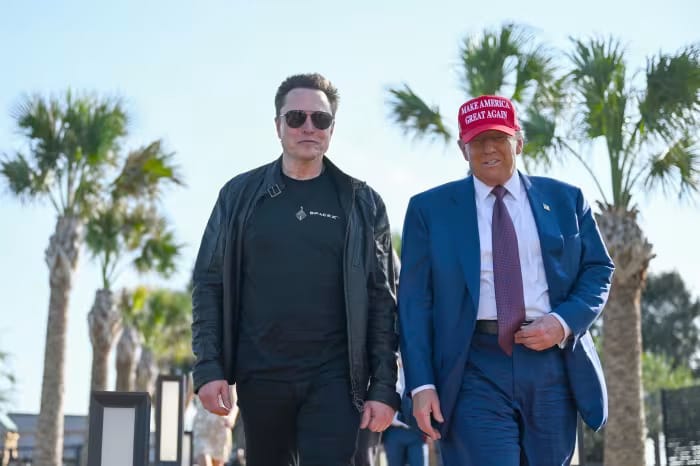
Yoko Kubota and Raffaele Huang write in The Wall Street Journal that Beijing is positioning Elon Musk as a potential intermediary to mitigate anticipated anti-China policies under Donald Trump’s presidency. With Tesla’s substantial investments in Shanghai, Musk enjoys strong ties with Chinese leaders. Beijing hopes Musk's connections with Trump and his economic pragmatism can foster constructive dialogue, despite opposition from hawkish figures in Trump’s circle. Tesla’s critical role in China’s EV market further amplifies its strategic importance.
A Majority of U.S. TikTok Users Are There for Product Reviews and Recommendations
Michelle Faverio writes in the Pew Research Center that 62% of U.S. TikTok users cite product reviews as a reason for using the platform, with younger women driving this trend. Among women aged 18-29, 83% use TikTok for this purpose. TikTok surpasses platforms like Instagram and Facebook in this area, becoming a key destination for reviews during the shopping season.
How China reasserted its influence on Muscat's emerging space sector
Michael Sweeney writes in Intelligence Online that the launch of Oman's OL-1 satellite, touted as the Sultanate's debut in space technology, highlights China's deepening influence. The satellite's producer is led by a Chinese executive linked to Belt and Road projects. This highlights Beijing's strategic role in Oman's space ambitions amid its growing regional involvement.
Renault Goes on China Hiring Spree to Bolster EV Push at Home
South China Morning Post reports that Renault is expanding its EV capabilities by hiring 200 engineers in Shanghai, aiming to learn faster production methods and integrate them into its French operations. This move has faced internal criticism but aligns with Renault's strategy to make affordable EVs, like the sub-€20,000 Twingo. Renault plans to use China's resources, including access to high-quality, cost-effective components, to enhance competitiveness in Europe by 2026.
Malware Linked to Salt Typhoon Used to Hack Telcos Around the World
Greg Otto writes in CyberScoop that Trend Micro has identified advanced malware used by Salt Typhoon, a Chinese APT group, in telecom and government hacks globally. Exploiting vulnerabilities in systems like Microsoft Exchange and Fortinet, the group employs sophisticated backdoors such as GhostSpider to evade detection. The U.S. telecom hack, described as the "worst in history," targeted high-profile individuals and remains active. Salt Typhoon leverages malware-as-a-service to amplify its espionage campaigns, raising global cybersecurity concerns.
Tech in China🖥️
Huawei’s Mate 70 Smartphones to Run Its New Android-Free OS

Andrew Liszewski writes in The Verge that Huawei’s new Mate 70 series will debut HarmonyOS Next, an Android-free operating system incompatible with Android apps. The lineup includes four models, with prices ranging from $760 to $1,657, and advanced features like satellite communications and high-end cameras. This shift reflects Huawei's strategy amid U.S. sanctions, as it seeks to expand its app ecosystem to 100,000 by 2025.
China's Modified Zhuque-2 Methalox Rocket Completes Maiden Flight
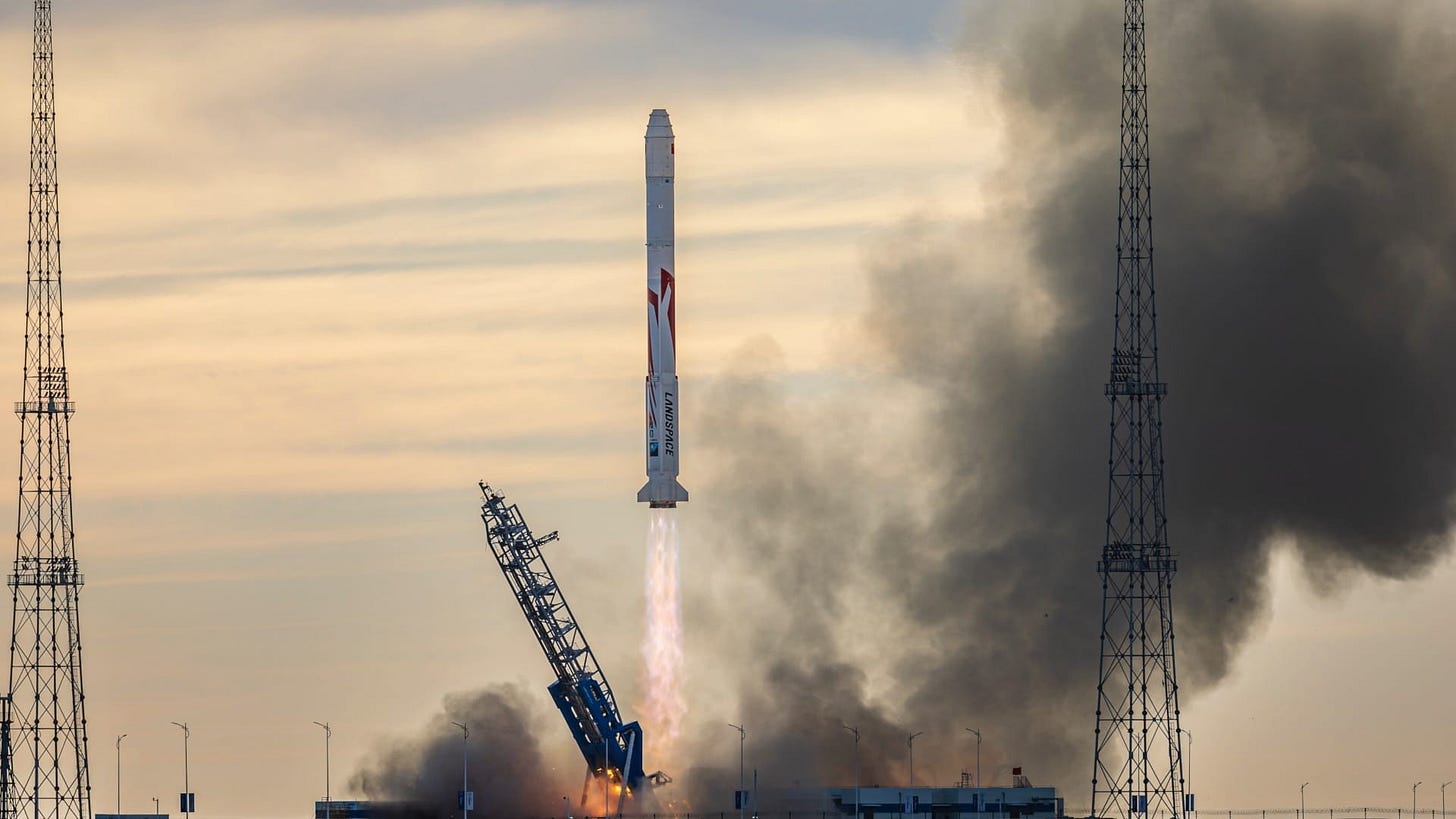
CGTN reports that China's modified Zhuque-2 (ZQ-2) methane-powered carrier rocket successfully completed its maiden flight, launching from the Dongfeng Commercial Space Innovation Pilot Zone in the Gobi Desert. Developed by LandSpace, a private Chinese space firm, the rocket carried two test satellites into orbit. This marks the fourth ZQ-2 rocket launched by the company, showcasing advancements in China's commercial space technology.
De/Cypher Data Dive📊
China unveiled a 10 trillion-yuan ($1.40 trillion) plan to deal with their immense hidden local government debt. According to Finance Minister Lan Fo’an, this will reduce the local government “hidden debt” burden from 14.3 trillion yuan (US$1.98 trillion) to 2.3 trillion yuan before 2028. (Caixin)
Hidden debt is borrowing for which a government is liable, but which is not disclosed to its citizens or to other creditors. And while this debt—by its nature—is often kept off the official government balance-sheet.
Local government financing vehicles (LGFVs) are state-owned investment companies established by Chinese local governments to finance infrastructure projects, including real estate development.
Image of the Week📸
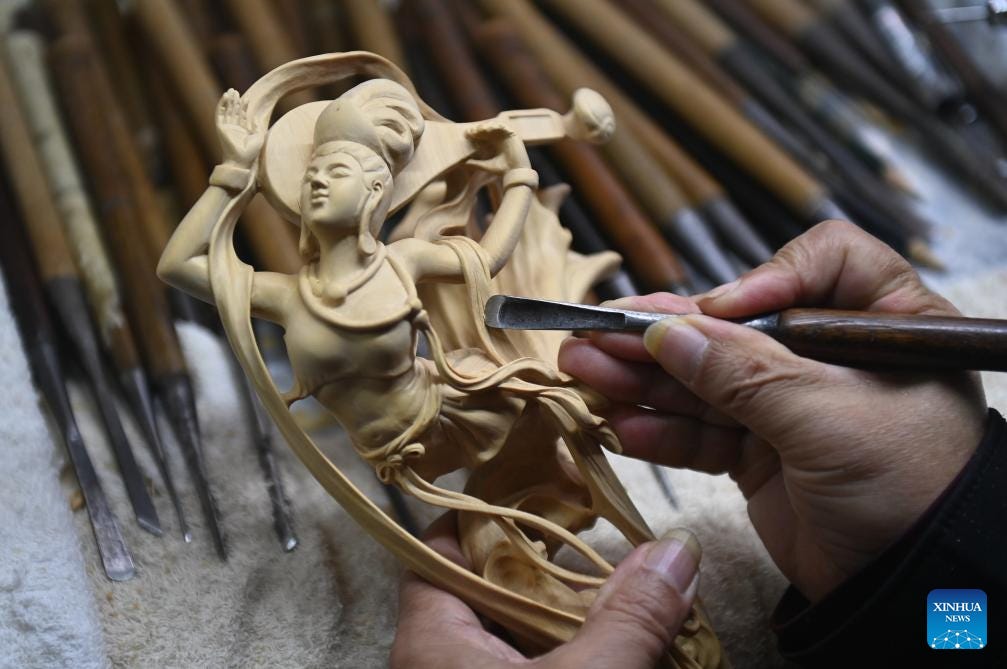
---




